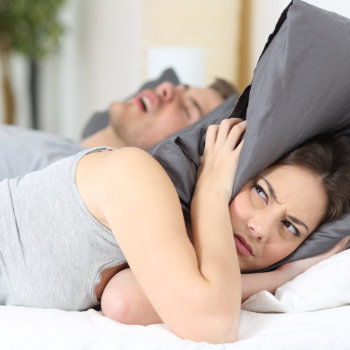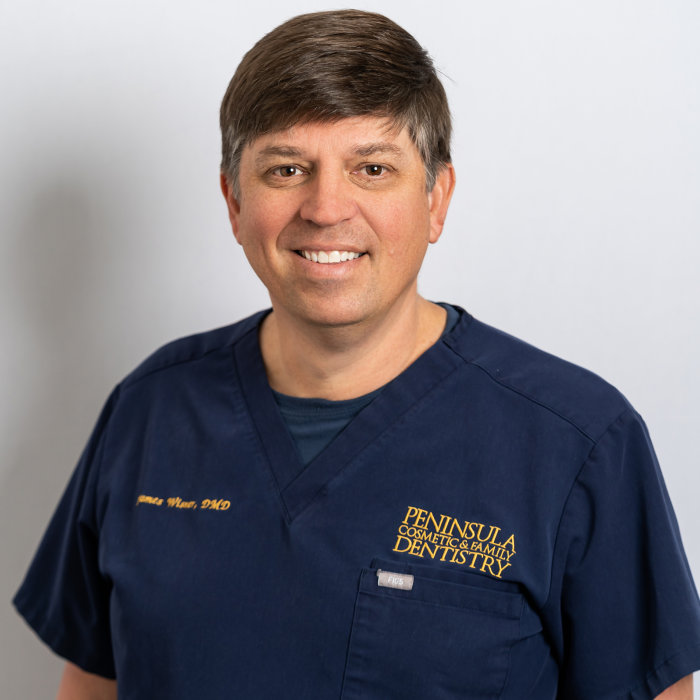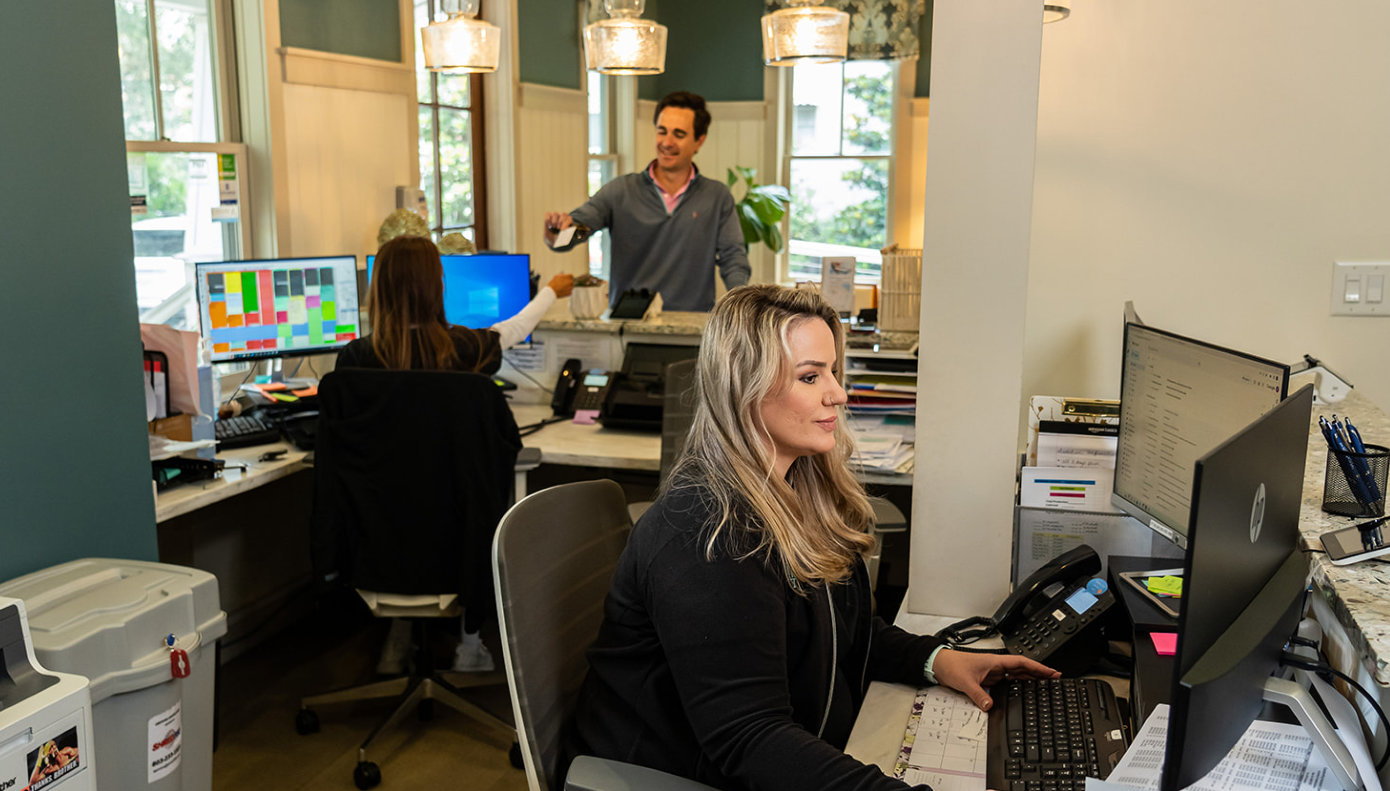About 90 million Americans suffer from snoring activity during sleep. While half of these people are “simple snorer’s” or primary snorers, the other half may have a serious sleep disorder called Obstructive Sleep Apnea (OSA).
The two conditions are often inaccurately used interchangeably and may be incorrectly treated as a result. While OSA will almost always leads to loud and frequent snoring, snoring does not always indicate OSA.
Understanding the differences between sleep apnea and primary snoring is the first step to effective treatment of both conditions. For all the people across the country who are getting nudged or elbowed throughout the night from frustrated bed partners, it’s important to know what their snoring means, and how they can silence it.
Do your research
Knowing the difference between the two conditions is key in determining proper treatment. Snoring is the result of tissues in the throat relaxing enough that they partially block the airway and vibrate, creating a sound. Depending on an individual’s anatomy and other lifestyle factors such as alcohol consumption and body weight, the sound of the vibration can be louder or softer.
Loud frequent snoring is one of the indicators of OSA, which is a chronic condition characterized by pauses in breathing or shallow breaths during sleep. When people with OSA fall asleep, they can stop breathing for a few seconds to a minute or more. Both conditions can be caused or made worse by obesity, large tongue and tonsils, aging and head and neck shape.
Do talk to your dentist
If you or your partner is a frequent loud snorer, stops breathing, gasps or chokes during sleep, experiences excessive restlessness at night or feels sleepy during the day, you may want to bring it up with your dentist or doctor to see whether a sleep study is necessary. Taking this first step to get tested prior to beginning any treatment prevents inaccurate self-diagnosis, inadequate treatment, and/or premature dismissal of the problem.
Do get treated
Snoring treatments range from lifestyle alterations, such as weight loss, a decrease in alcohol consumption and changing sleeping positions, to oral devices, nasal strips and even surgery. Treatment of OSA, however, often involves an oral appliance or a CPAP.
While CPAP is very effective, some sleep apnea patients experience difficulty using a CPAP machine, as it can be uncomfortable, embarrassing or just inconvenient.
We offer oral appliances and laser therapy as an alternative to traditional CPAP treatment.
This allows our patients to lead a more comfortable, natural life without the inconvenience of wearing a CPAP.
Don’t dismiss snoring as “natural”
Often, snoring can be dismissed as a natural part of aging. While it’s true that snoring can increase over time with age and weight gain, it should not be accepted as an ordinary and standard juncture in life. It can and often should be treated – for the sake of the snorer and their partner.
Don’t underestimate the health risks
More than just a noisy nuisance, snoring and sleep apnea can have serious health ramifications. OSA sufferers usually move out of deep sleep into light sleep when their breathing pauses, and this lessens sleep quality. OSA can also trigger the release of stress hormones, change how your body uses energy, and make you feel tired and sleepy during the day. In addition, there are several potential negative health effects of inadequate sleep, such as weight gain, memory loss, skin aging and more.
There is also evidence that OSA leads to a greater risk of high blood pressure, heart attack, stroke, congestive heart failure, atrial fibrillation, diabetes, certain cancers and even sudden death.Treating either condition can decrease these risks.
Don’t forget that while you’re sleeping, others are not.
While the snorer may not feel that the condition is disrupting his or her sleep, the partner being kept up all night by the noise may feel differently. Relationships can severely suffer if partners are irritated about being kept awake or having to sleep in separate rooms. Over 41 percent of women who say they need a good night’s sleep instead have it interrupted by a snoring partner. The lack of sleep or need for nighttime separation can foster resentment and decrease intimacy in relationships.
There are additional health risks from lack of consistent high-quality sleep, including being more prone to accidents, difficulty focusing, impaired attention and alertness, as well as other serious risks such as heart disease, stroke and diabetes. This lack of sleep can promote weight gain while also accelerating the aging of the skin and brain.
Summary
Your health depends on getting enough sleep. If you or your partner experiences any symptoms of snoring or sleep apnea, consult your dentist or doctor. There are treatments, and you can get your restful nights back.













